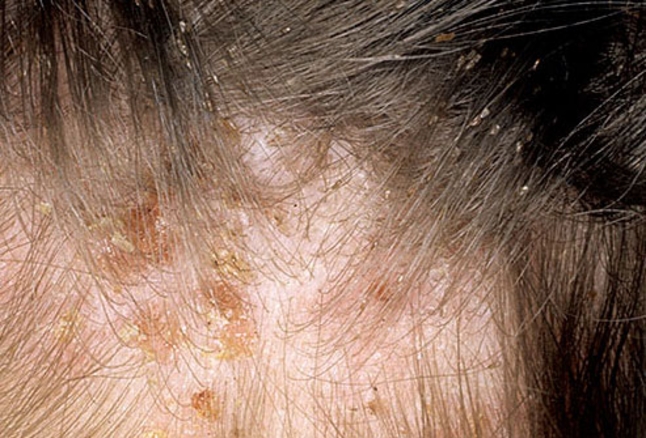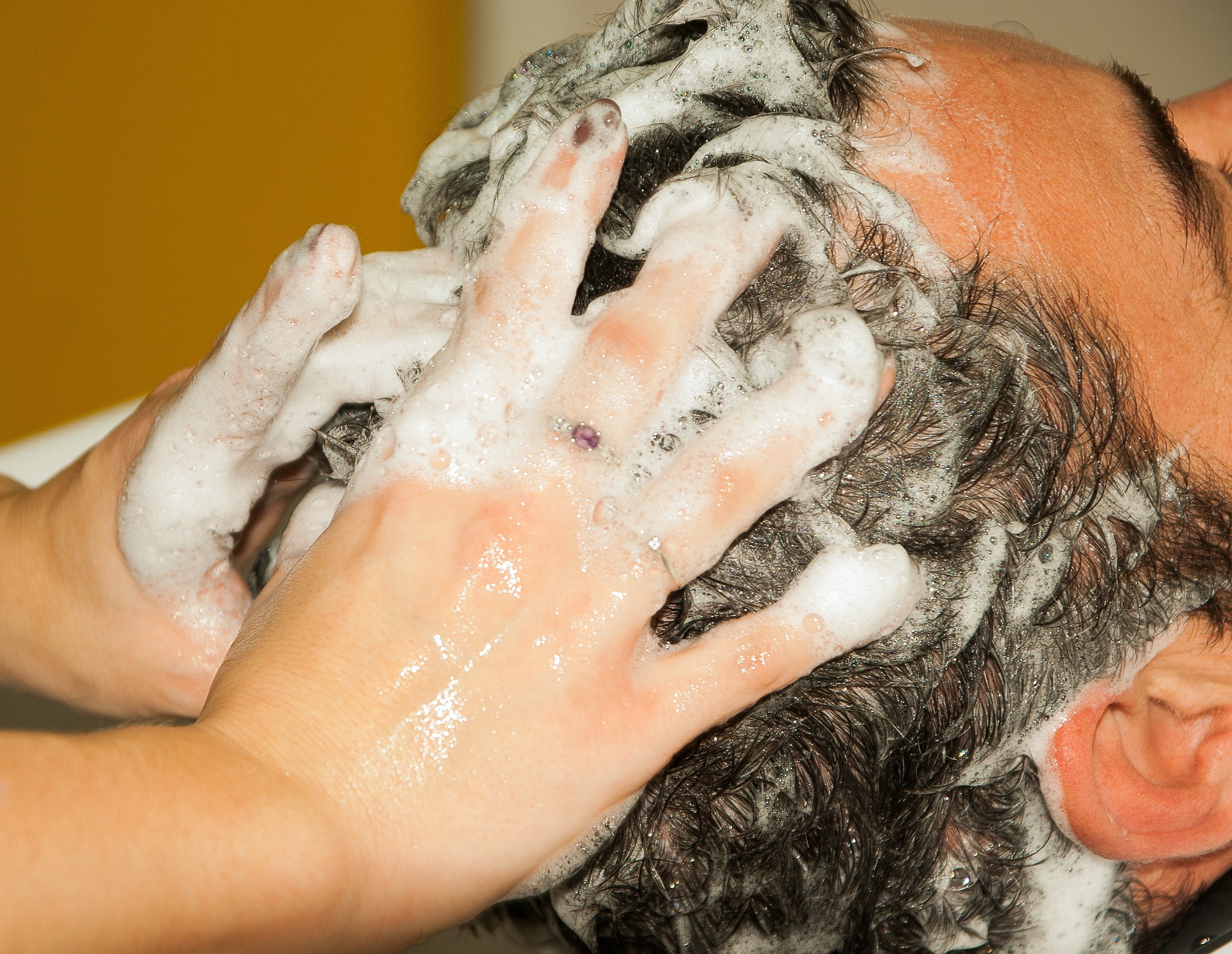Head lice are some of the most annoying pests out there. They make you itch with their crawling and biting. To make things worse, they are also very hard to kill. There may even be instances where you still feel them crawling even after you have undergone head lice treatment. But why can you still feel crawling after lice treatment? We explain the reasons below.
Why you still feel crawling after lice treatment…
1. You are still in the middle of lice treatment
It takes about 2-3 weeks of consistent head lice treatment to completely get rid of the pests. This is because most head lice treatments can’t kill all head lice and eggs in one session. Most treatments will require multiple treatment sessions across several weeks.
There are some treatments that kill both head lice and eggs. But there are others that only kill head lice and don’t really do anything to eggs. This prolongs the treatment even further because you may have to wait for the eggs to hatch to be able to kill them with the treatment.
2. You are not using the lice treatment properly
Even though it takes some time to completely get rid of head lice infestations, the first treatment session may be significant enough for you to not feel any crawling in your scalp anymore. If you still feel crawling, you may not be using the head lice treatment properly.
There are two general kinds of head lice treatments — prescriptions and over-the-counter medications. For prescriptions, make sure to read and understand your doctor’s instructions for the proper administration of the treatment. For over-the-counter medications, make sure to read the instructions on the labels.
Improper use of medications may lead to ineffectiveness. It can also lead to resistance. Head lice that have been exposed to medications but have not been killed may gain immunity to these medications, making them harder to kill.
3. You still have a lice infestation
If you still feel a crawling sensation after going through head lice treatment, the easy assumption is that you still have head lice. Sure, it may just be psychological. After all, there is already a scientific term for feeling something crawling on your skin even though there isn’t anything there — formication.
There are many reasons why you still have head lice — you may not be using the treatment properly or you are dealing with head lice that are already resistant or immune to the treatment you are using.
4. You are dealing with super lice
Speaking of resistant and immune head lice, there is also a scientific term for them — super lice. Super lice look exactly the same as ordinary head lice. The only difference is that super lice are already resistant or immune to some of the most common ingredients you find in head lice treatments. Permethrin and pyrethrin come to mind.
If you have a persistent head lice infestation even though you are using the treatment properly, you may be dealing with super lice. And they are not as uncommon as you think. As of 2016, super lice have already spread in 48 states in the U.S.
If you think you are dealing with super lice, the best thing to do is to consult a doctor. Let go of over-the-counter medications and start getting prescriptions. The doctor will be able to give you a stronger medication if necessary, especially if permethrin and pyrethrin don’t seem to produce results.

5. You keep getting lice from your family
No matter how effective your head lice treatment is, it won’t matter if you keep getting reinfested with head lice. A new batch of head lice will just go into your head and start another infestation. This can be an endless cycle, so it’s wise to control the spread of head lice in your home and treat everyone in your household.
To control the spread of head lice, avoid head-to-head contact. Head lice can’t fly or jump. They can only crawl. That’s why their primary way of spreading is through crawling from head to head. This is easier said than done because head-to-head contact is more common than you think.
For instance, if your child has head lice and you happen to sleep in the same bed with them, head-to-head contact is likely. It also doesn’t help that children are more likely to get head lice. So if you are a parent, that fact makes you a little more vulnerable too compared to others.
6. You have lice on your personal items
Another way to get reinfested is getting in contact with personal items with head lice. If you are in a household with a person diagnosed with a head lice infestation, be careful of using their personal items. This is especially true for items that get in contact with the head, such as combs, hats, helmets, pillows, and towels.
The good news is that getting head lice from personal items is very unlikely. This is because head lice can only survive for about two days without a blood meal. Without a host, they are very vulnerable. But still, you shouldn’t be too complacent. Two days is a lot of time for head lice to stay in a personal item, waiting for the item to be used on a person’s hair where they can start an infestation.
7. You have issues not related to lice may be why you still feel crawling…
The reason why you still feel crawling in your head after undergoing head lice treatment may not even be related to head lice at all. It can be formication as mentioned previously. And it can be other psychological conditions, like delusion or hallucination.
Certain ingredients can also cause crawling sensations. Alcoholic products, illegal drugs, and medications are common culprits. If you are taking medication, consult your doctor or pharmacist to know if there are side effects.

Still feel crawling after lice treatment…
There are a lot of reasons why you may still feel a crawling sensation in your head even after you have undergone head lice treatment. You may not be using the treatment properly, you may be fighting with resistant or immune head lice, or you may be dealing with psychological issues that are totally not related to head lice.
Whatever the case may be, it’s important to get help if you feel like what you are experiencing is already beyond your knowledge. Don’t hesitate to consult a medical professional.

